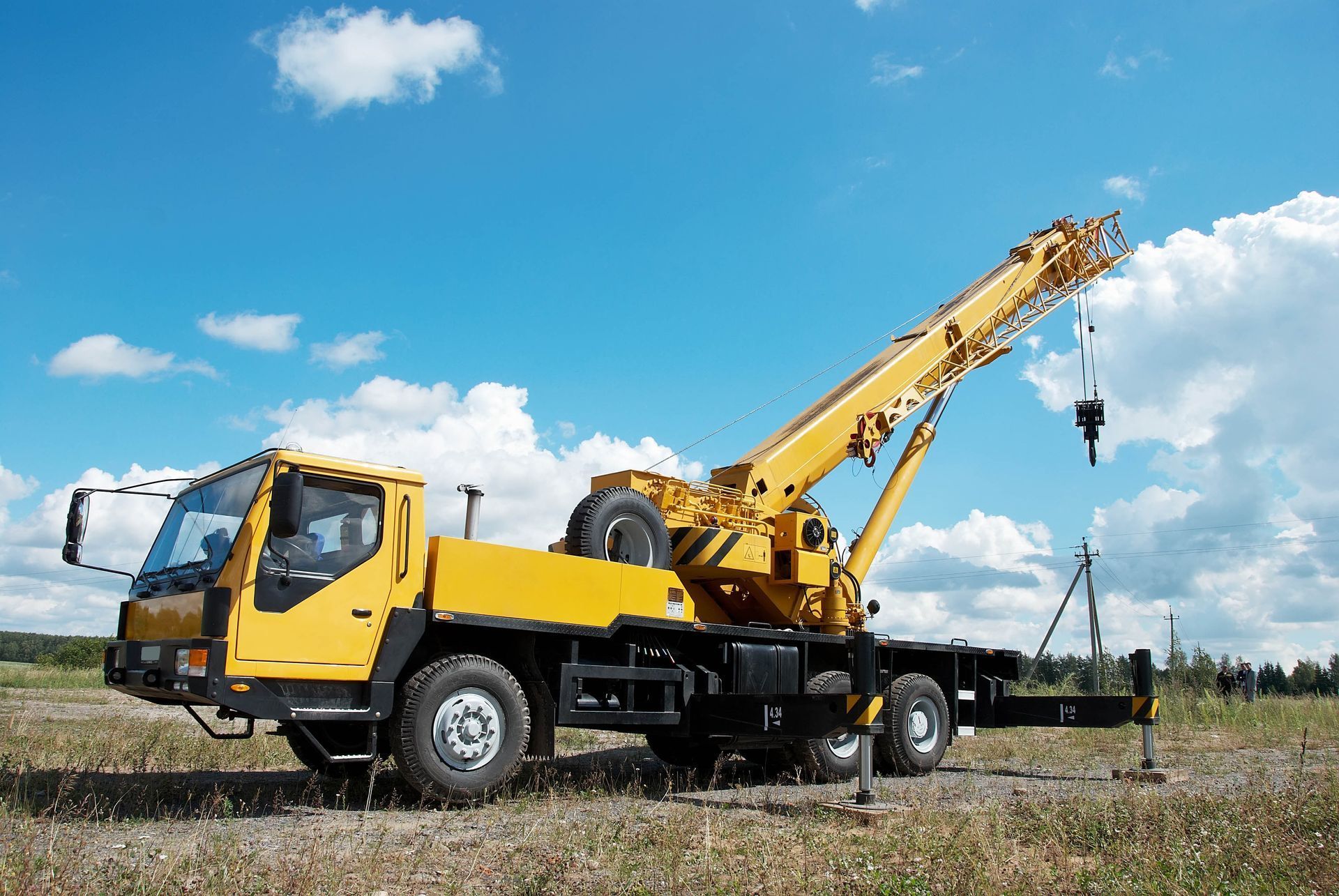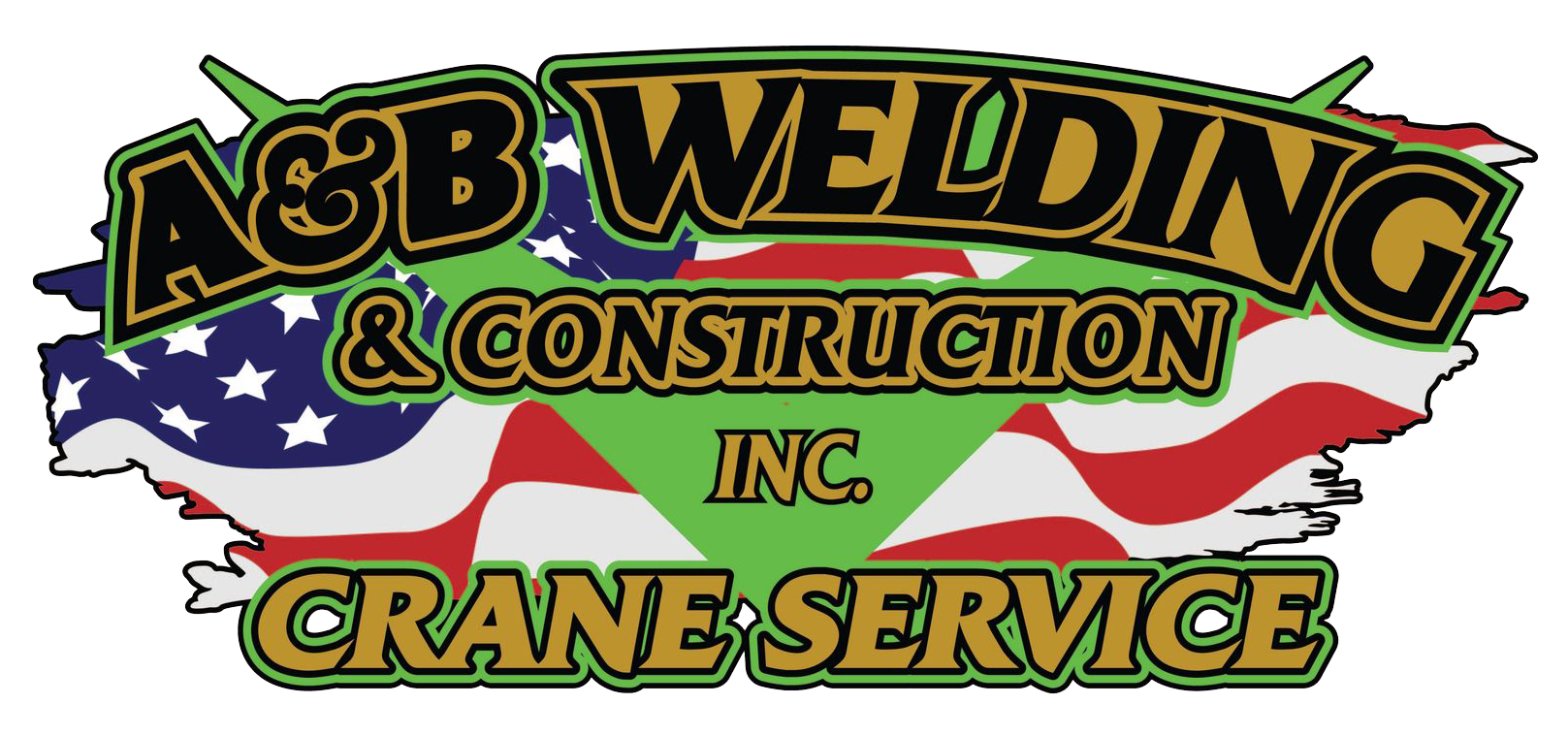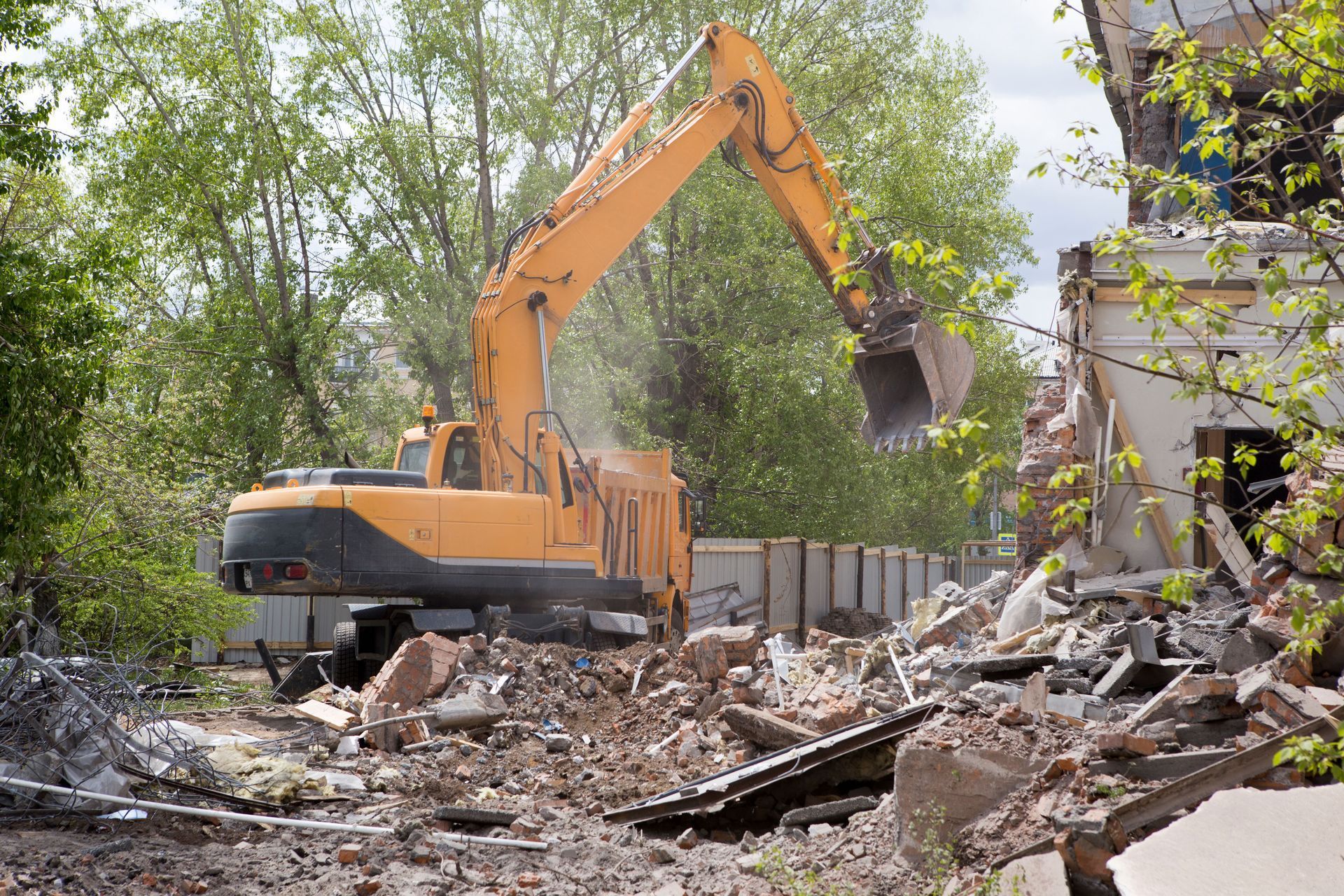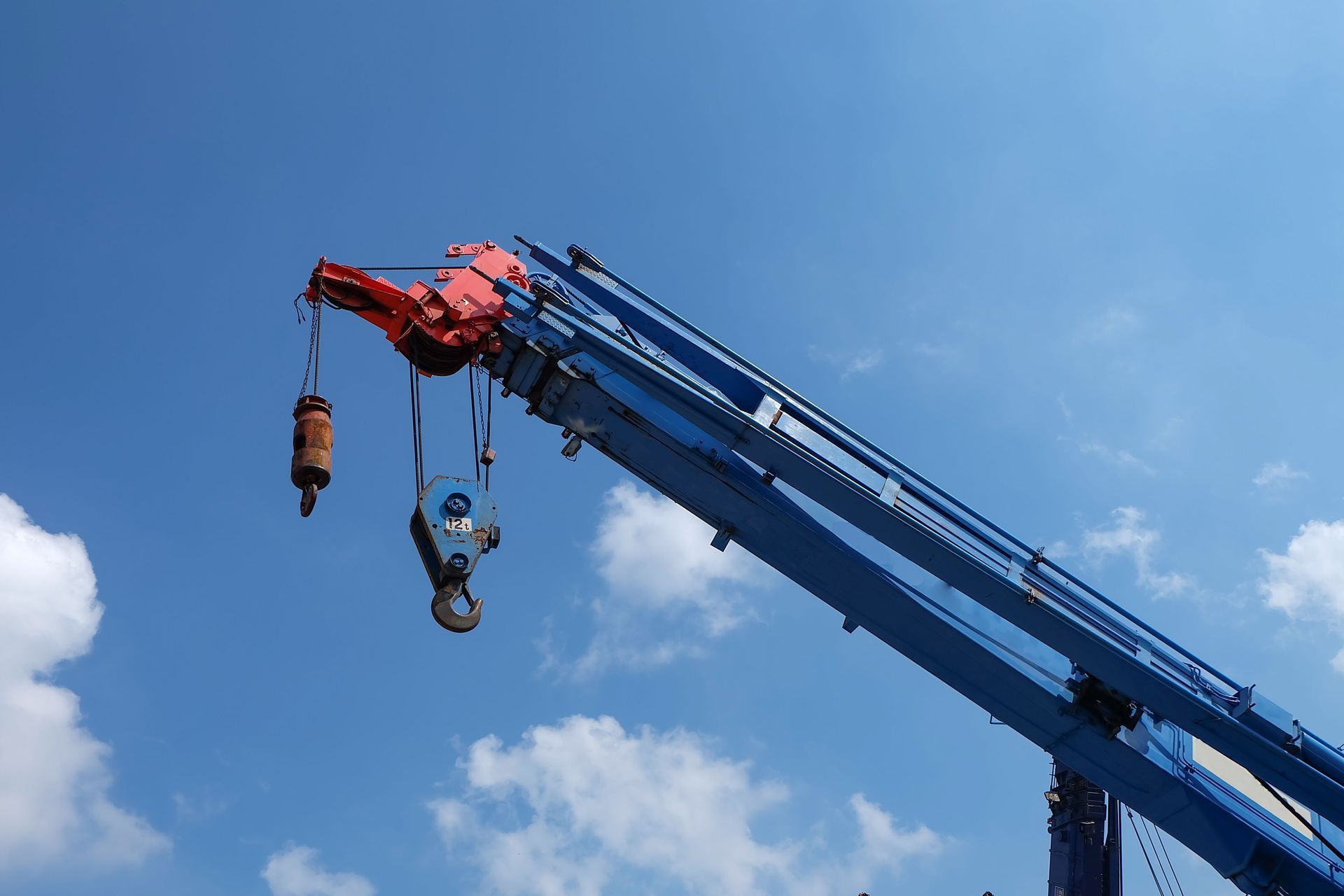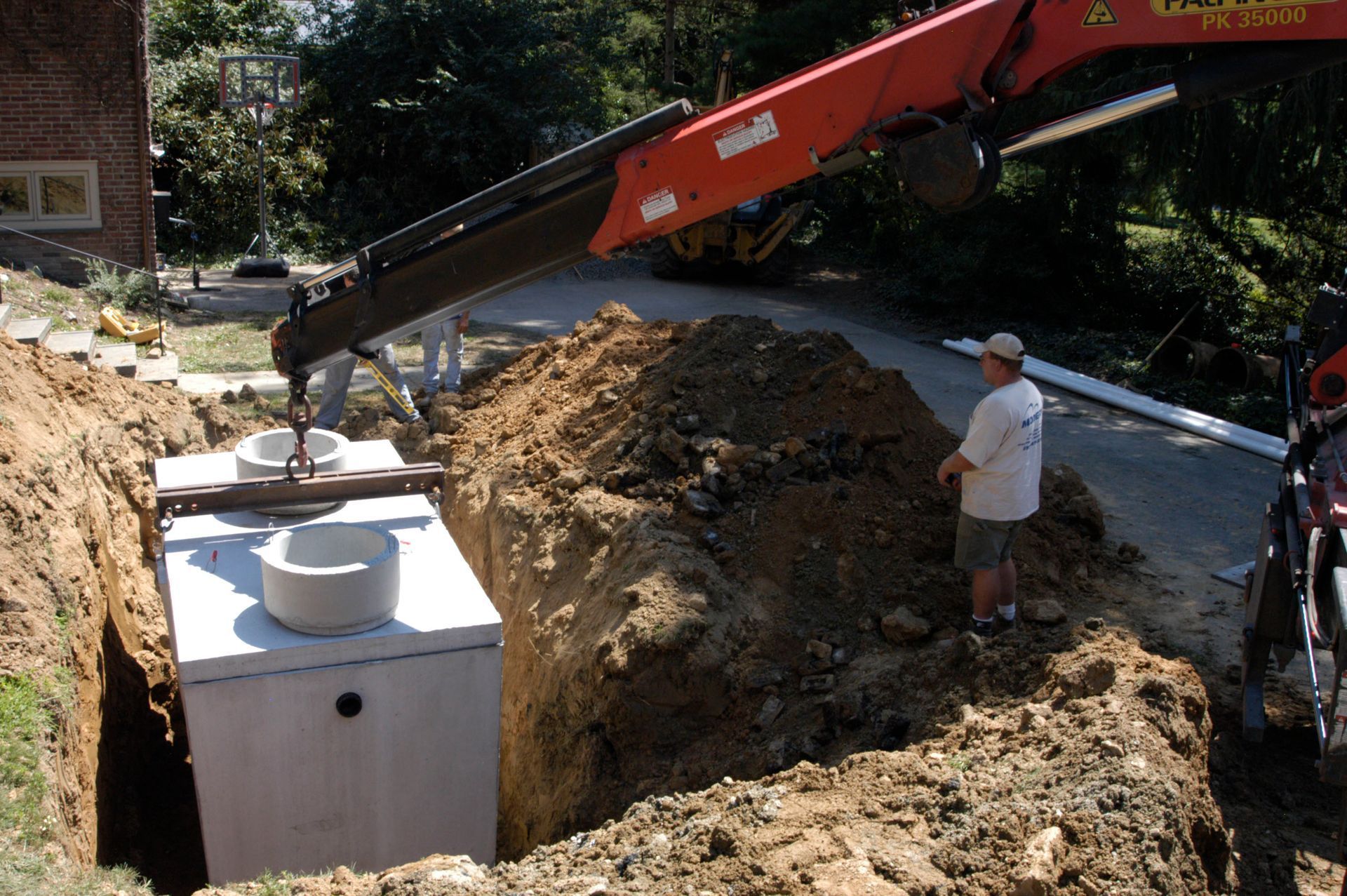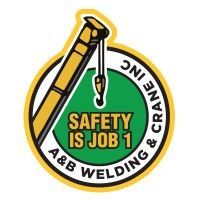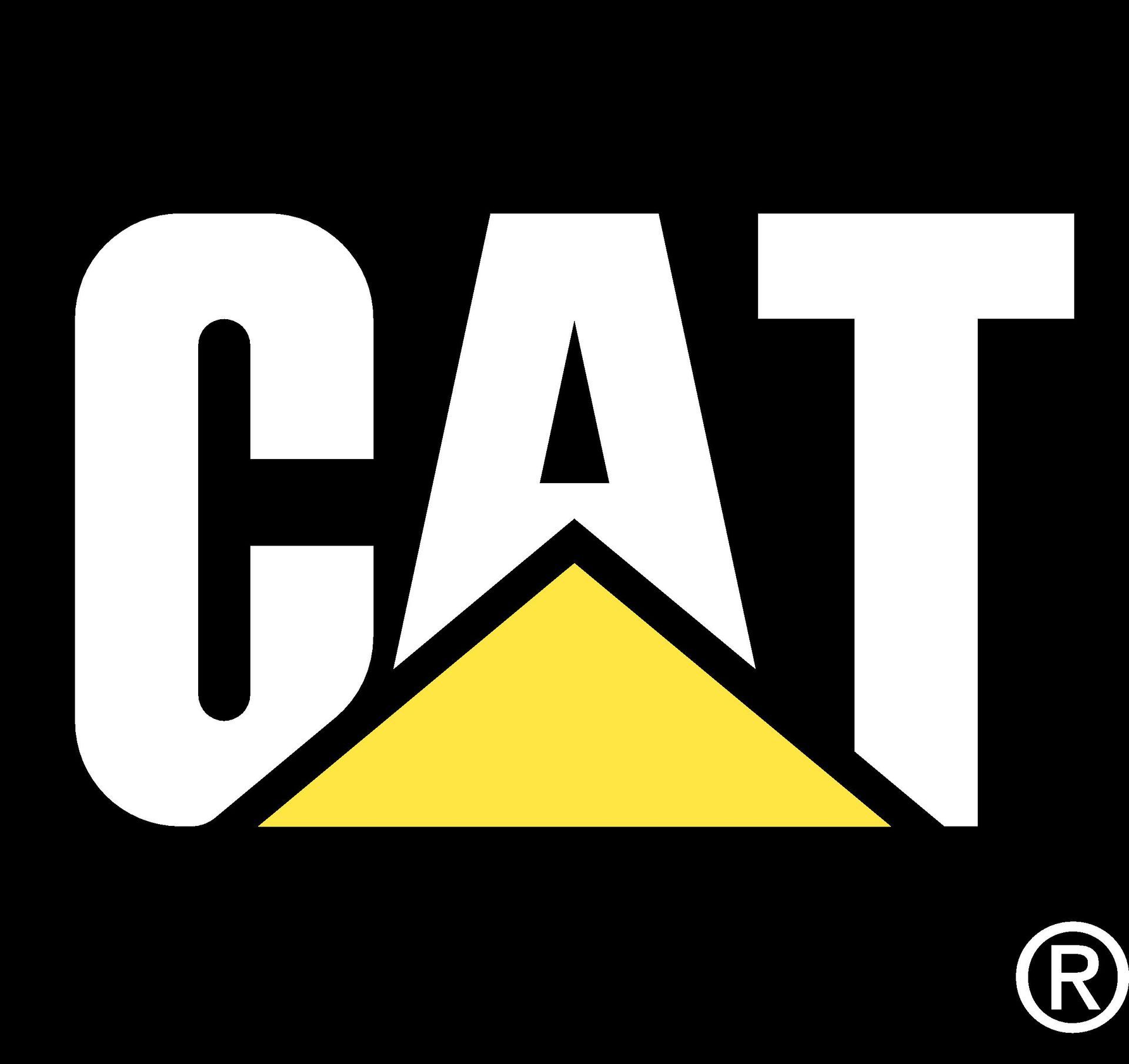August 18, 2025
In the construction industry, the decision between crane rental and crane contracting services can significantly influence project timelines, budgets, and overall outcomes. Cranes are often a critical component of large-scale projects, meaning the right service model can be the difference between staying on schedule and falling behind.
Understanding the distinct differences, benefits, and potential drawbacks of each option is essential for making informed business decisions. According to Reservety, 84% of construction companies in the United States rent equipment instead of buying it, demonstrating the widespread preference for flexible and cost-conscious solutions.
The following sections examine cost, availability, operational efficiency, safety, technical support, and environmental impact to help construction professionals determine whether working with contractors or renting equipment is the better fit for their needs.
Evaluate Cost Implications for Each Option
One of the most influential factors in deciding between crane rental and contractors is cost. While rentals typically offer lower initial expenses, contracting services often provide additional benefits that can offset higher upfront costs.
- Initial Costs – Renting usually eliminates the need for large capital investments, freeing up funds for other project requirements. Crane contractors may involve higher starting costs because they often package skilled operators, maintenance, and logistics into the agreement.
- Long-Term Financial Outlook – Short projects may benefit from rentals, but long-term projects can find contractors more predictable in pricing due to fixed service packages.
- Budget Flexibility vs. Predictability – Rentals allow adjustments based on immediate needs, while contractors provide set pricing that prevents surprise expenses.
- Insurance and Liability – Rentals often require the client to handle insurance, whereas contractors usually cover it, reducing administrative work.
- Hidden Expenses – Transportation, training, and downtime can increase rental costs, while contracting services may cover these within their agreements.
A thorough budget comparison that considers both visible and hidden costs will help determine which approach offers the best value.
Compare Availability and Accessibility Factors
Timely access to cranes is essential for maintaining project schedules. Both rentals and contractors have advantages depending on the project’s logistical needs.
- Scheduling Flexibility – Rentals allow companies to book cranes as needed, avoiding idle equipment charges. Contractors may lock in specific dates but can guarantee availability during peak demand.
- Geographic Coverage – Rentals can often be sourced from various regions, ideal for companies with multiple job sites. Contractors may have limited coverage but strong local networks for faster delivery.
- Lead Times – Rentals often provide shorter turnaround times, while contractors ensure planned, on-schedule delivery.
- Equipment Variety – Rental companies frequently have a broad selection of crane types and sizes. Crane contractors may have fewer options but offer expert guidance to match the right machine to the task.
- Emergency Needs – Rentals can respond quickly to unexpected demands, while contractors offer steady, ongoing support throughout a project.
Projects with unpredictable schedules might lean toward rentals because they allow companies to bring in equipment only when it is actively needed, avoiding unnecessary costs for idle machinery. This flexibility is especially useful when timelines shift due to weather delays, permitting issues, or changes in project scope. On the other hand, organizations that require guaranteed, continuous access to cranes and qualified operators throughout the entire build may find that partnering with contractors delivers greater stability. Contractors can reserve the necessary equipment for the full duration of the project, ensure it is on-site when required, and provide skilled personnel to keep operations running smoothly without the disruptions that can occur when coordinating multiple short-term rentals.
Assess Operational Efficiency Advantages
Operational efficiency can make or break a construction project. The right crane solution can improve productivity while reducing delays.
- Training and Expertise – Renting requires finding or training in-house operators. Contractors include certified, experienced operators, reducing learning curves and safety risks.
- Maintenance and Downtime – Rental equipment maintenance is the responsibility of the renter, which can cause downtime. Crane contractors handle upkeep, ensuring consistent performance.
- Equipment Adaptability – Rentals offer flexibility to change equipment as project needs evolve. Contractors provide consistent, well-maintained cranes that remain on-site as planned.
- Coordination and Communication – Rentals often involve multiple suppliers, adding complexity. Contractors centralize communication, streamlining operations.
- Impact on Timelines – Delays in rental equipment delivery or operator availability can push back deadlines. Crane contractors offer more controlled scheduling for smoother project execution.
Companies should weigh the importance of adaptability versus the value of turnkey operations when deciding between contractors and rentals.
Review Safety and Compliance Considerations
Safety is non-negotiable on any construction site. The choice between crane rental and contractors affects how safety and compliance responsibilities are managed.
- Regulatory Compliance – Renting places responsibility for compliance on the hiring company. Contractors ensure adherence to industry standards through trained personnel.
- Operator Certification – Rentals require certified in-house operators, which can mean additional training costs. Contractors provide certified operators who are ready to work immediately.
- Risk Management – Liability for rentals rests with the client, requiring internal safety procedures. Contractors share or assume this responsibility, adding a layer of protection.
- Incident Response – Rental arrangements require the client to manage incident investigations and corrective actions. Contractors handle incidents with structured protocols.
- Safety Records – Reviewing past safety performance can reveal which option offers the most dependable track record for minimizing accidents.
For companies without extensive internal safety resources, partnering with contractors can provide additional assurance and reduce operational risks.
Examine Technical Support and Reliability
The technical reliability of crane services directly affects productivity and problem resolution on-site.
- Customer Support Levels – Rental companies vary in support quality. Crane contractors typically offer comprehensive assistance, resolving issues quickly.
- Equipment Reliability – Rentals may include older cranes with potential performance variability. Crane contractors invest in modern, reliable equipment to maintain efficiency.
- Problem Resolution – Downtime from rentals can last longer if suppliers lack quick-repair capabilities. Crane contractors maintain dedicated service teams to minimize disruption.
- Continuous Improvement – Rentals rarely have structured improvement programs. Crane contractors use client feedback to enhance service over time.
In high-stakes projects where delays can be costly, contractors often deliver higher reliability and stronger technical backup.
Consider Environmental and Sustainability Impacts
Environmental considerations are increasingly important in the construction sector.
- Emission Compliance – Rental cranes may not always meet modern emissions standards, whereas contractors typically upgrade equipment to meet regulations.
- Energy Efficiency – Contractors often use energy-efficient technology to reduce fuel consumption and operating costs.
- Waste Management – Crane contractors frequently integrate waste management into their operations, ensuring compliance with environmental best practices.
- Sustainable Technology Access – Contractors invest in newer, greener technology that rental companies may not yet offer.
- Corporate Social Responsibility – Aligning with contractors that focus on sustainability can enhance a company’s environmental credentials.
Projects with strong environmental or CSR objectives should prioritize service providers that share their sustainability goals.
Both crane rental and crane contracting services have their merits. Rentals excel in flexibility and adaptability, making them ideal for short-term, unpredictable projects. Crane contractors provide integrated services, including skilled operators, maintenance, and compliance management, making them highly efficient for longer, more complex builds.
When deciding, construction companies should analyze their project timelines, budget predictability needs, geographic challenges, operational resources, and environmental priorities.
If your project demands reliability, expert operators, and reduced administrative burden, A & B Welding & Construction Inc offers professional contractors equipped to meet your needs. Contact them today to discuss how their comprehensive crane solutions can help ensure your next project is completed on time and to the highest standards.
